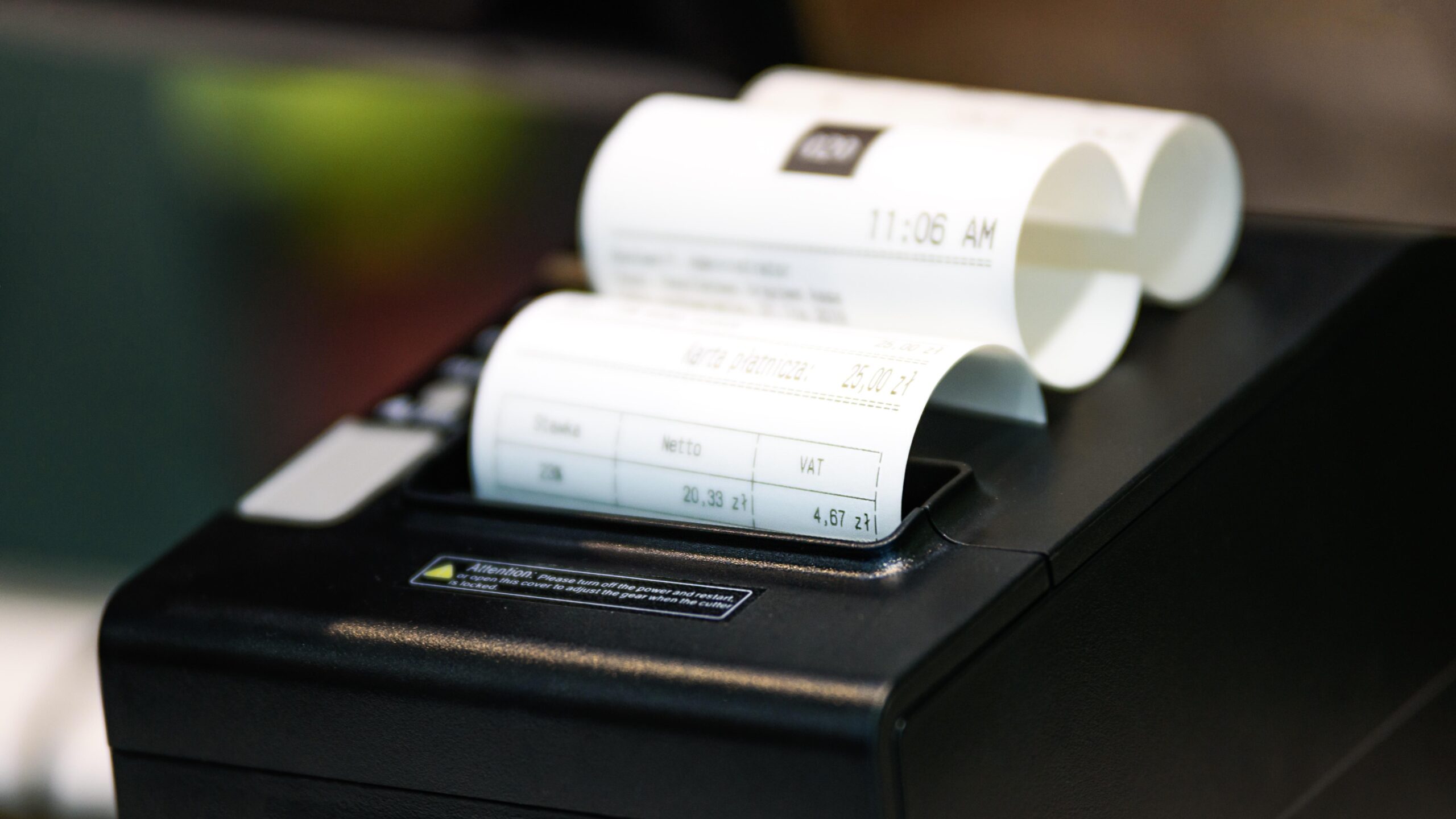As of Tuesday, Hungary’s new e-cash register regulation has come into effect, marking a significant step toward a paperless receipt system. The National Tax and Customs Administration (NAV) highlighted that this transition can simplify administrative processes for businesses while reducing costs for both merchants and customers.
Starting July, NAV-approved e-cash registers can be used, and businesses currently required to issue paper receipts should consider making the switch. These electronic registers eliminate the need for paper receipts, require less maintenance, and offer a more cost-effective solution. The next few months will focus on the testing and certification of e-cash registers. NAV experts will oversee the approval process, ensuring the system’s compliance with tax regulations while preventing potential tax evasion. Currently, more than 200,000 businesses, including retailers, restaurants, hotels, taxis, pharmacies, plastic surgeons, gyms, and massage services use online cash registers. To ensure a smooth transition, existing online registers will remain in use until 1 July 2028.
Switching to an e-cash register is not mandatory but highly recommended, as it offers several advantages over traditional online registers. Unlike online cash registers, which require annual mandatory servicing, e-cash registers only need maintenance when requested by the business owner. This could result in annual savings of up to 25,000 forints per business. Additionally, e-cash registers eliminate the legal requirement to store paper receipts, as NAV’s ‘receipt archive’ system will store all digital receipts securely for 10 years.
NAV is developing a free, user-friendly e-cash register application to help small businesses transition away from paper receipt books. The system will require only a smartphone and a simple receipt printer for cases where customers still request paper copies. For consumers, the new system brings added convenience. Receipts can be stored digitally, making it easier to track purchases, manage warranties, and exercise consumer rights more efficiently. Customers simply need to download a mobile app to access their receipts at any time. One key feature of the e-cash register system is its strong focus on privacy. NAV has assured that no personal data is shared with businesses or tax authorities, preserving buyer anonymity in the same way paper receipts do.
From July businesses will have two options for e-cash registers: hardware-based systems with built-in tax compliance features, and cloud-based solutions that operate through a smartphone application, reducing costs for businesses that still issue paper receipts. NAV believes that Hungary’s e-cash register system could become an international benchmark, much like the online cash register system previously introduced. The initiative reduces administrative burdens, enhances consumer awareness, and strengthens tax compliance, benefiting both businesses and the state budget.
Past experiences show that when online cash registers were introduced, the declared revenue of small businesses increased significantly. With similar expectations for e-cash registers, Hungary is once again pioneering digital transformation in taxation and commerce.
Related articles:








